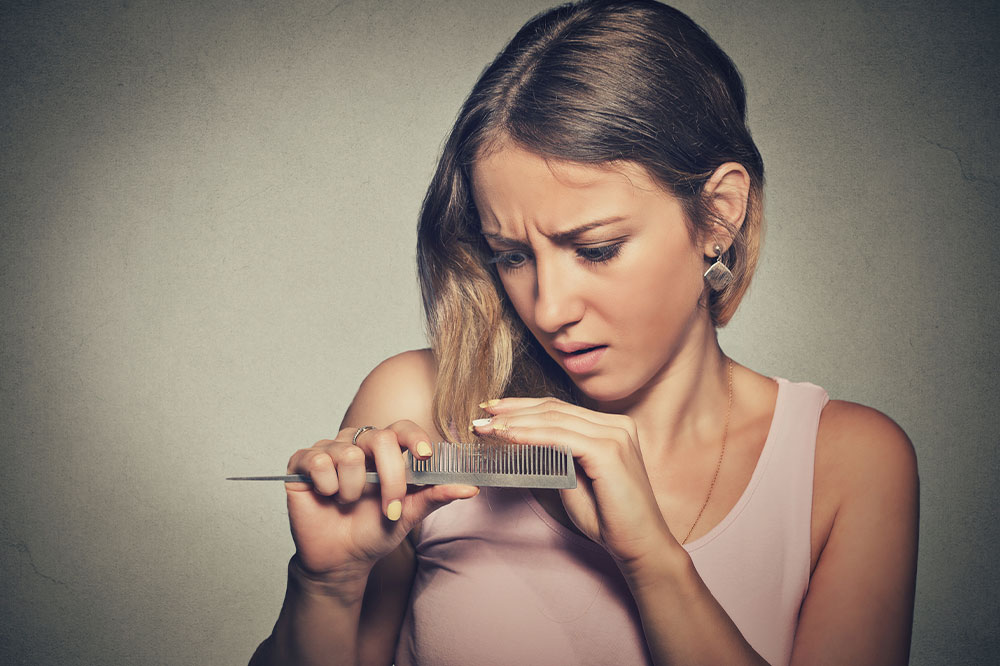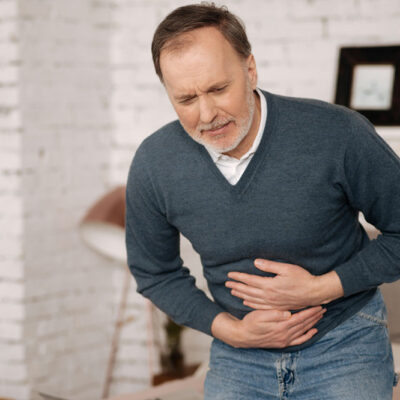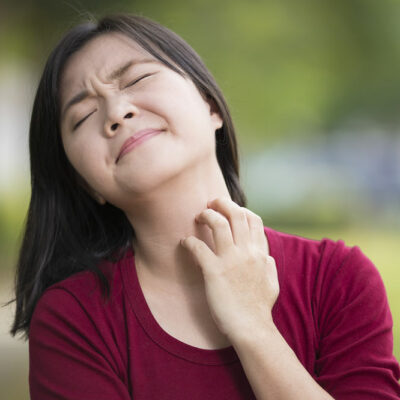
Tips for Treating Thinning Hair During Menopause
A woman goes through many physical changes during menopause, and hair loss is one of them. According to experts, hair loss or thinning during menopause is because of reduced production of the hormones estrogen and progesterone in the body. These hormones are essential for healthy and faster hair growth. Hence, when their levels drop, hair growth reduces, and they become much thinner.
If you experience menopause-related hair loss, these tips and treatments for thinning hair for women in menopause should help.
1. Take an iron supplement
Iron deficiency is one of the leading causes of hair loss. Hence, your doctor might test iron levels in your blood, particularly if you have a history of anemia. If the test reports show low iron levels, taking an iron supplement may help reduce hair loss.
2. Vitamin C
This is an essential nutrient for hair health. It prevents hair loss and also stimulates hair regrowth. Its antioxidant properties help fight free radical damage and improve hair health. Hence, make sure you include vitamin C rich foods in your diet, such as citrus fruits, broccoli, Brussels sprouts, green and red peppers, spinach, sweet potatoes, tomatoes, and leafy greens. If the condition is severe, your doctor may also prescribe a vitamin C supplement.
3. Minoxidil
This is commonly prescribed for hair loss. Studies have shown that applying minoxidil on the scalp helps stimulate hair growth. However, this is not a miracle drug, and not everyone will see the same results. Plus, it can’t restore all of your lost hair. In most cases, results are visible only after two months of regular use. Minoxidil reportedly is a vasodilator that helps widen the blood vessels and increases blood flow to the hair follicles. It is available over-the-counter and in foam, spray, and liquid solution form. However, you must use minoxidil continuously for maintaining hair growth.
4. Anti-androgens
This is one of the most effective treatments for thinning hair for women in menopause. Androgens include testosterone and other hormones that may cause hair loss in women. Hence, anti-androgens are prescribed to deal with these male hormones in the body and promote hair growth. These drugs are usually prescribed in combination with a topical treatment like minoxidil.
5. Hormone replacement therapy
Hormone-related hair loss is common during menopause. Hence, hormone treatments, such as hormone replacement therapy can help. However, this method should be used for hair loss treatment only and not for other hormone-related menopause symptoms. Hormone replacement therapy is one of the most popular treatments for thinning hair for women in menopause.
Although hair thinning is common during menopause, ignoring it can make the condition worse. Hence, have a healthy diet and talk to a specialist regarding thinning hair treatments for women in menopause. A doctor will study your condition and choose the right treatment to stimulate hair growth.


